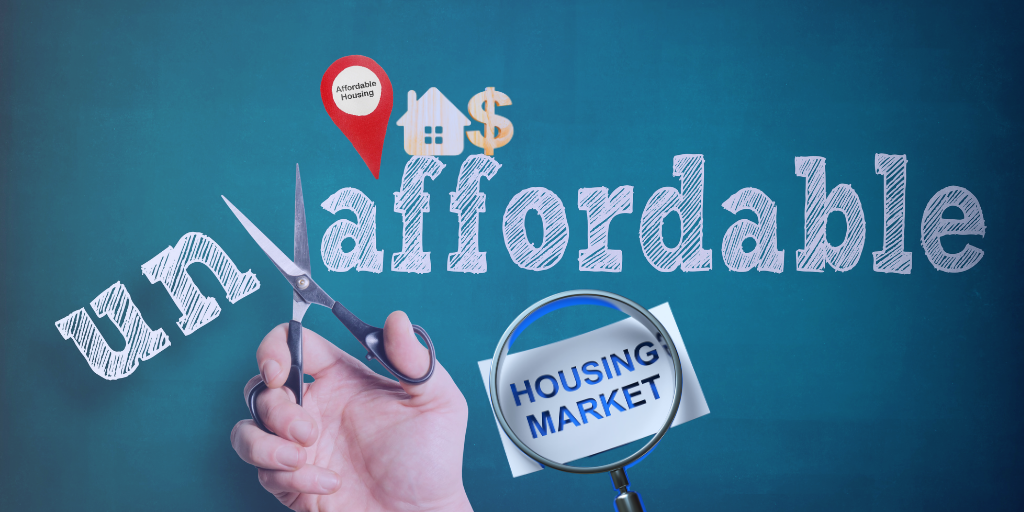As landlords, you play a pivotal role in shaping the rental housing market. However, the struggle for affordable housing amidst rising prices is a pressing issue that affects both tenants and property owners. By understanding the gaps in the current market, you can position yourself as part of the solution while ensuring your investments remain sustainable and profitable.
The Affordable Housing Crisis: What’s Happening?
The demand for affordable housing continues to outpace supply, driven by:
- Rising Construction Costs: Increased expenses for labor and materials make it difficult to develop budget-friendly housing.
- Inflation and Economic Strain: Higher costs of living and stagnating wages leave renters struggling to afford market-rate housing.
- High Demand, Limited Supply: Urban areas are especially affected as growing populations outstrip available units, pushing rental prices higher.
.png)
Impact on Landlords
While it may seem that higher rental rates benefit landlords, the reality is more complex:
- Higher Vacancy Rates: Overpriced units often remain vacant longer, leading to potential revenue loss.
- Tenant Turnover: Tenants struggling to meet rent may move out frequently, increasing costs associated with finding and onboarding new renters.
- Reputational Concerns: Communities increasingly scrutinize property owners who appear to prioritize profit over affordability.

Bridging the Gap: Strategies for Landlords
Being proactive can benefit both your business and the community. Consider these strategies to address affordability while maintaining profitability:
- Flexible Leasing Options: Offer sliding-scale rents or tiered payment plans for tenants with verified financial constraints.
- Partner with Housing Assistance Programs: Collaborate with local or federal programs that provide rent subsidies to tenants, ensuring stable income for you while supporting those in need.
- Invest in Energy-Efficient Upgrades: Lower utility costs for tenants while increasing the value of your property.
- Utilize Tax Incentives: Take advantage of government incentives for maintaining affordable rental units, such as Low-Income Housing Tax Credits (LIHTC).
- Support Mixed-Income Developments: If expanding your portfolio, consider investing in projects that include units for various income levels.

The Opportunity for Landlords
Affordable housing isn’t just a societal challenge—it’s also an opportunity. By addressing this market gap:
- Expand Your Tenant Pool: More affordable units mean you can attract a wider range of responsible tenants.
- Strengthen Community Ties: Landlords who demonstrate a commitment to affordability build goodwill and a positive reputation.
- Future-Proof Investments: As governments and organizations prioritize affordable housing initiatives, being ahead of the curve can protect your assets from regulatory challenges.

Conclusion
The affordable housing crisis presents challenges, but it also offers a chance for landlords to innovate and lead. By adapting to the changing needs of the market, you can create a win-win situation: secure, sustainable income for yourself and accessible housing for tenants.

At Rent Easy Nola, we’re here to help landlords navigate these challenges and identify practical solutions. Contact us at info@renteasynola.com or +1 985-710-3356 to learn how we can assist in optimizing your properties while making a positive impact in the community.


